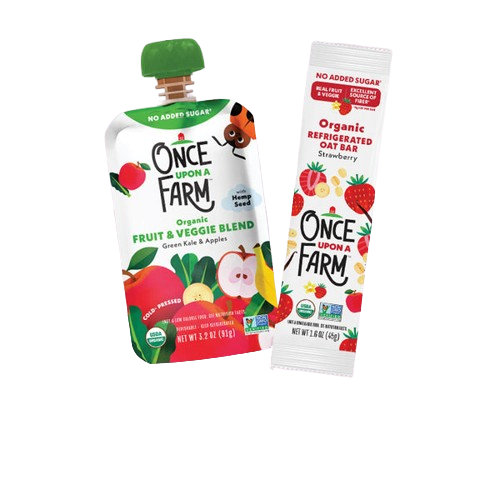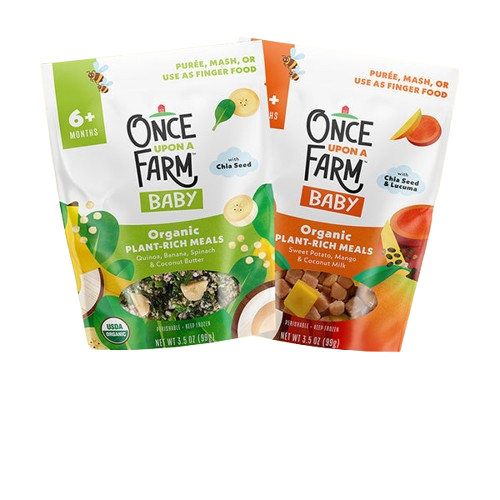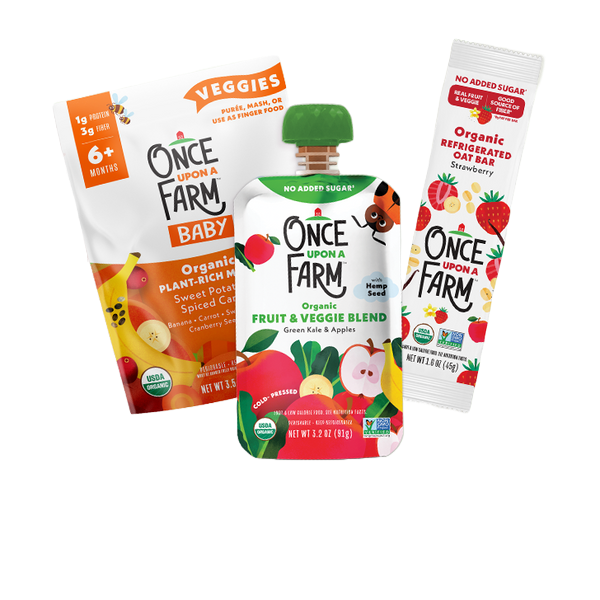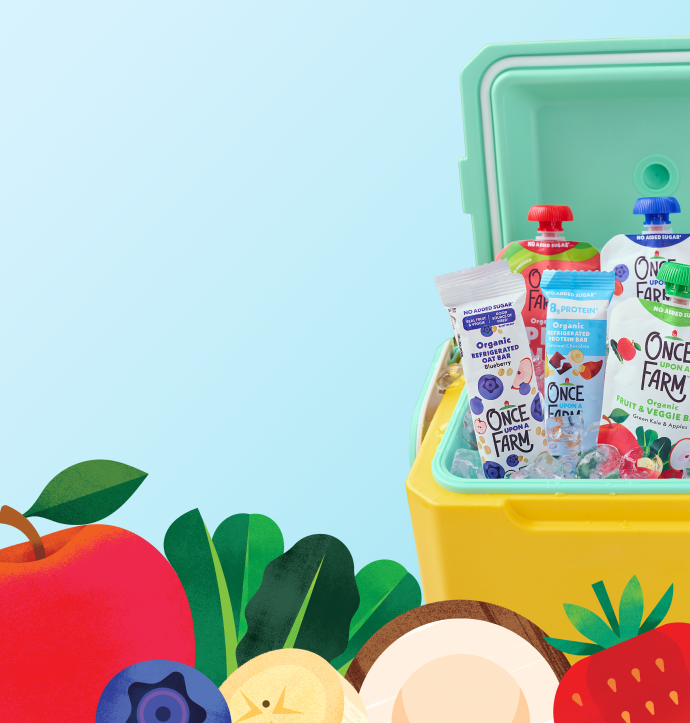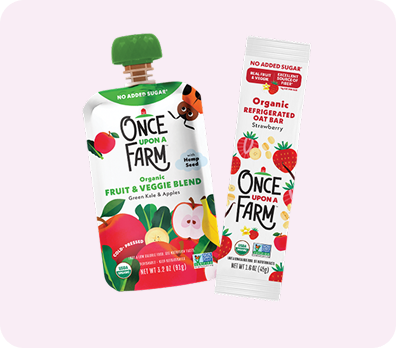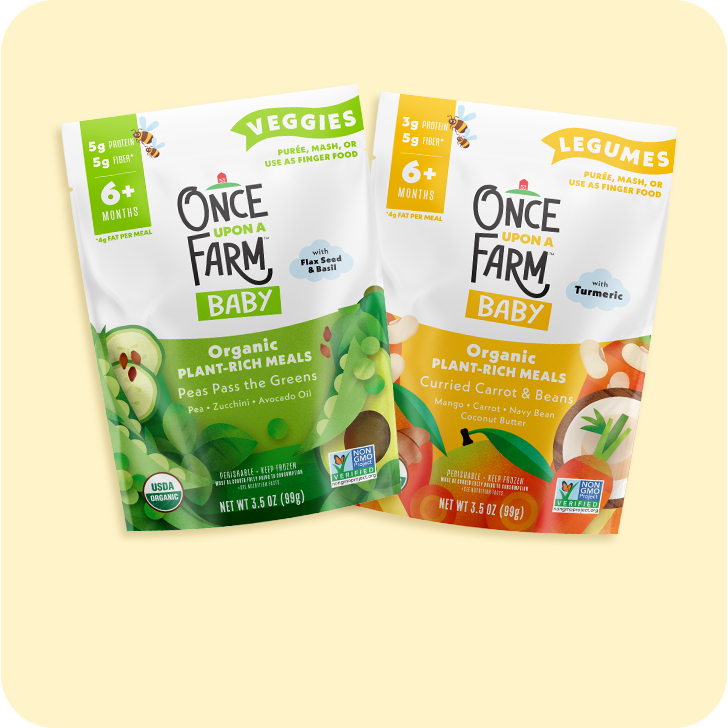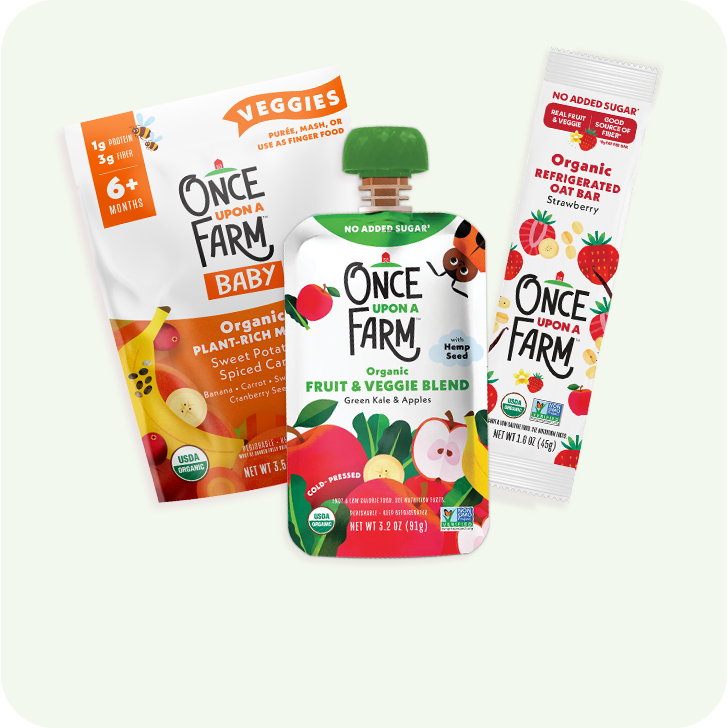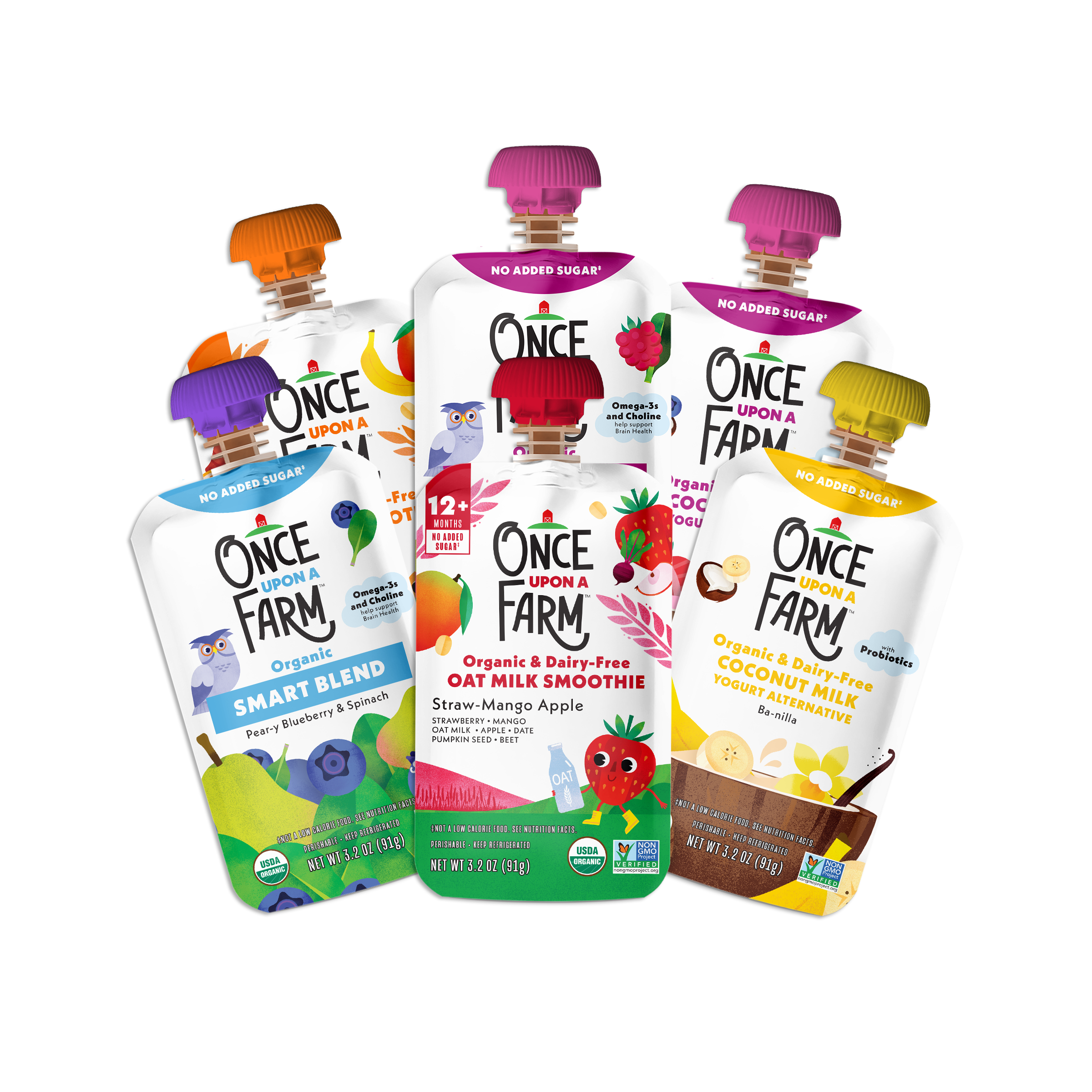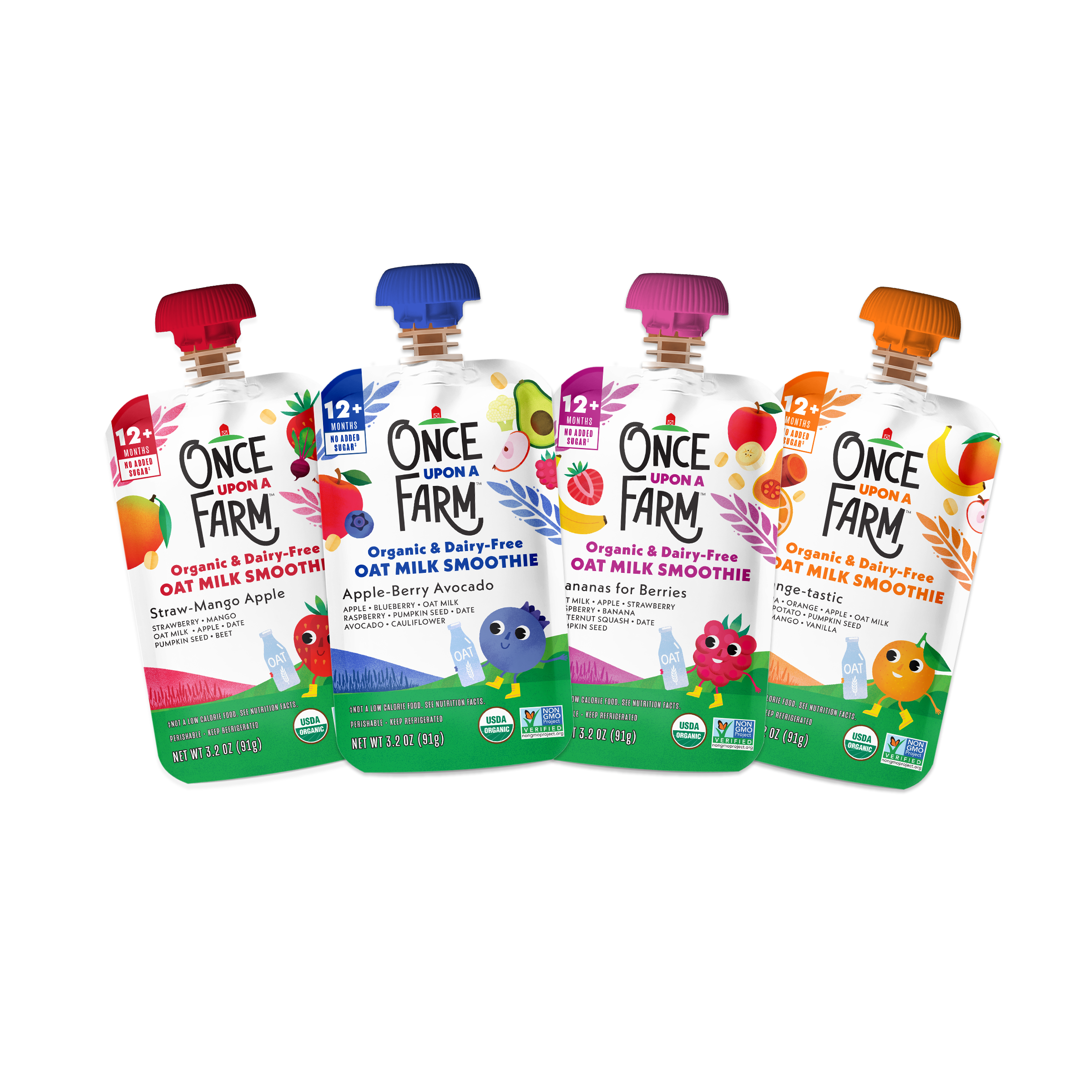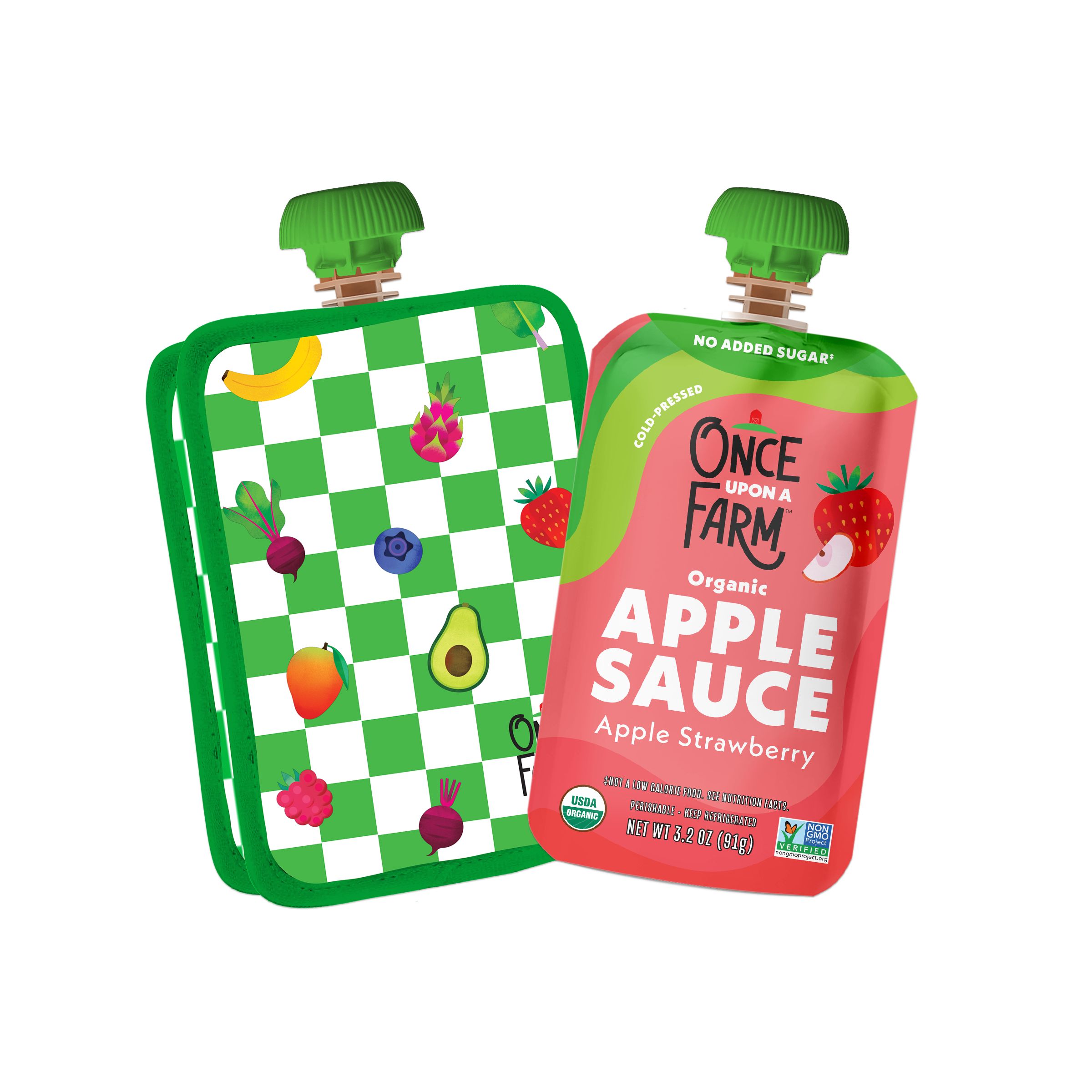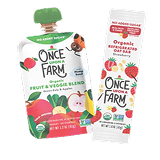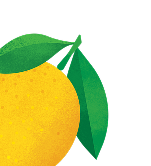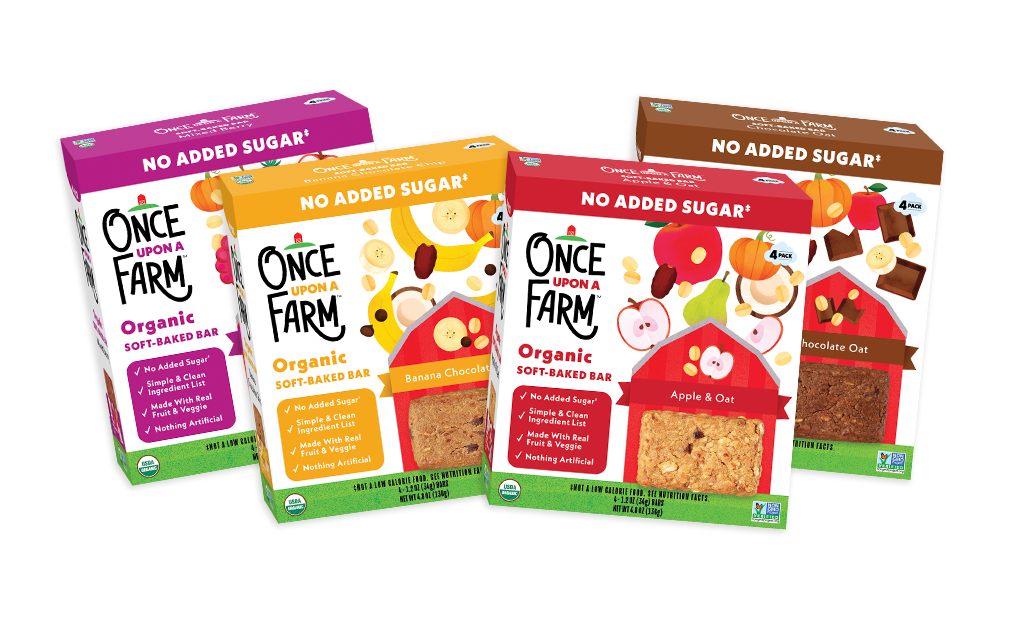From day one, we make choices regarding how to feed our kids. And with choices, come many questions—and countless opinions. With so much information out there, how do we know what’s best for our kids, and is there really a right way to feed them?
For Parents Uncertain About the Decision to Breast or Bottle Feed, or Those Being Told “Breast Is Best”
Registered Dietitian Nicole Lattanzio, RD, CSP, IBCLC believes that “supported is best.” That means educating yourself on your available options, weighing the pros and cons, and deciding what will work best for your baby and you. “Seek the appropriate support to succeed at that,” she says. If you do have the choice, remember that you’re never tied to it. “You can also change your mind at any point!” she says. “It’s perfectly fine to opt for another option or do a combo if you find that may work better for your baby, life, sanity.” If you are unable to breastfeed, trust that your baby will get the nutrients they need from formula and that you are supporting them wholeheartedly.
For Parents Deciding How To Start Solids
Before you choose how to start solids, learn about different approaches—which may include purées first, baby-led weaning, or a combination method.
If a specific medical condition that would affect feeding exists, Lattanzio notes that “one way may be safest for your baby.” Otherwise, you have the freedom to choose whichever approach works for you. Consider “which approach is most exciting to you,” she says, or the one “you can imagine fitting with your day-to-day. That’s likely the approach to try!”
For Parents Uncertain About the Choice to Feed their Kid a Restricted Diet
“The way you choose to feed your child should align with your values,” Lattanzio believes. “You deserve to feel confident in what you offer your child to eat!” Maybe that’s a vegan diet, gluten-free, or no processed food. While there isn’t necessarily harm in excluding certain types of food from a kid’s diet, she suggests offering top allergens, such as egg and wheat, when possible and when family/parental allergies are not involved. This is because early and ongoing consumption of these allergens may prevent developing food allergies later on in life.
Related Reading: Q&A With Pediatrician Dr. Joana Fraser: Introducing Allergens
For Parents Considering Organic vs. Conventional Diets
“Oftentimes, organic is seen as a healthier option for children,” Lattanzio share, “however that’s not always the case.” Organic can be an added bonus—or a value you might choose to prioritize when food shopping, but that doesn’t make conventional (non-organic) food any less nutritious. What matters more is balanced nutrition. Offer a variety of foods—including various fruits of veggies—to ensure your kids are getting the macronutrients and micronutrients they need.
Related Reading: Comparing Macronutrients, Micronutrients, and Phytonutrients
How To Deal With Outside Opinions
“There’s so much information and noise out there,” Lattanzio says, “and depending on what side of the internet and algorithm you’re on, it may be speaking to or against you.” With so much flexibility on how to feed one’s kids, there’s enough information out for every kind of parent. So, as Lattanzio says, “if what you’re seeing isn’t jiving, there’s more than likely another great option.” Or, you can always just sign off—sometimes silencing the noise can really clear things up for you.
Related Reading: How to Manage Others’ Opinions About How You Feed Your Kids
At the end of the day, when all the meals have been served, and the food has been eaten (or not), there’s no “right” way to feed your child. You will undoubtedly question your choices, which is totally normal and evidence of how much you care. The best way to feed them is to make choices that are informed by your values and best judgement, and those that allow your child to thrive.

